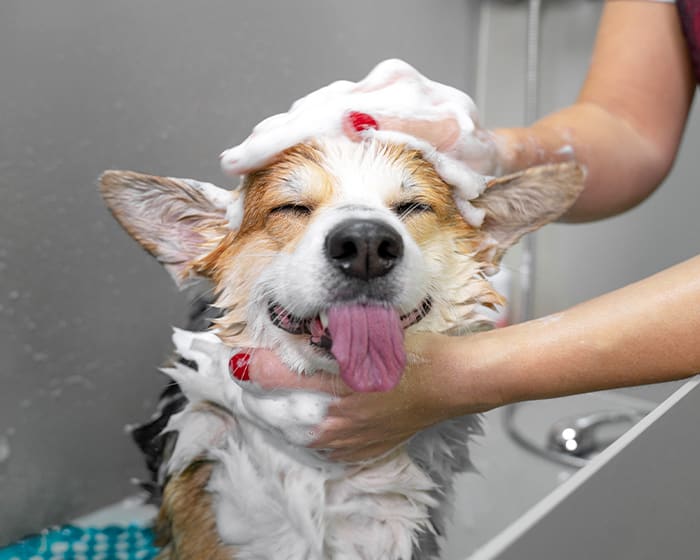 Looking for a way to enrich your life? Try getting a pet!
Looking for a way to enrich your life? Try getting a pet!
Whether it's a dog, a cat, or a rabbit, there are many benefits to owning a pet.
They can increase opportunities to exercise, get outside, and socialize. Regular walking or playing with pets can contribute to lower blood pressure, cholesterol levels, and triglyceride levels (indicators of heart & overall health). Pets can also help us manage loneliness and depression by providing companionship, and generally help decrease stress levels.
Of course, pets are not the only way to enrich your life,
and not everyone has a lifestyle that is suitable for a furry, feathered, or scaly friend.
Here are a few things that one must consider before getting a new pet:
-
1. COST
The cost of owning and taking care of a pet can easily reach hundreds of dollars per year. In fact, according to ASPCA, first-year expenses can sum up to nearly $2,000. Adoption fees alone can cost upwards of $500. Then there is the cost of food, insurance, toys, treats, bedding, vaccines, regular checkups, and grooming.
-
2. TIME
It goes without saying, that raising your pet will require lots of dedicated time. Dogs require daily walks, visits to the dog park, training, and also need to be let outside twice a day to 'answer nature's call.' Those with limited time on their hands may find animals such as cats, fish, or lizards to be more suitable pets for them, as they tend to be less time-consuming when it comes to maintenance and care.
-
3. SPACE
The larger the animal, the more space he/she will need. A Mastiff or Great Dane, for instance, will struggle to live in a 200-sq. foot apartment. Only adopt big breeds if you have the space to house them. And it's not just the space meant for the pet. Their bedding, food & water bowls, toys, and supplies will also consume a considerable amount of space in your household.
-
4. RESTRICTIONS
Your neighborhood might have legal restrictions when it comes to what animal you can bring home. In some apartment buildings, certain dog breeds are not allowed, the most common of which are Akitas and American Pit Bulls. Health restrictions can also limit what types of pet you can adopt into your family, such as if you have a child who is allergic to fur or has severe asthma.
-
5. CLEANLINESS
Another thing to consider is cleanliness & hygiene. Pets may track mud inside your house, bring home pests (like ticks/fleas), accidentally pee and poop on your furniture, and so on. Dogs and cats naturally shed their fur and can leave it sticking everywhere. Consider investing in a reliable vacuum for pet hair and other cleaning supplies to avoid accumulation indoors. For smaller critters, like rabbits or hamsters, you'll need to change the bedding and clean the crate at least once a month.
-
6. TEMPERAMENT
Different pets have different personalities. Some dogs will be aloof while others are needy. Knowing what kind of pet behavior your family can handle is important to maintain a safe environment for both your family and the animal. Only take on a problematic pet if you have professional experience in animal behavioral training. That being said, some behavioral traits in pets develop later on and are unavoidable.
-
7. LIFESTYLE
Introducing a pet into your family can affect your lifestyle as a whole. Families who travel a lot may find it expensive and a hassle to book flights with their pet or find trustworthy boarding facilities. On the other hand, those who are homebodies and prefer to stay indoors when they aren't working could find it difficult to care for a highly active dog who needs to go outside to dog parks and hiking trails every few hours.
🐶 🐱🐰
After the above considerations have been taken and you've decided you're
ready for a pet, it's time to decide which pet you want, and whether you
should adopt, or get a certain breed from a breeder. If you opt for a
breeder, you should definitely do some research to figure out which ones
are ethical and adhere to the laws & regulations.
Click on
any of the images below for some helpful links:



Coded with 🧡 by Ashley Valencia